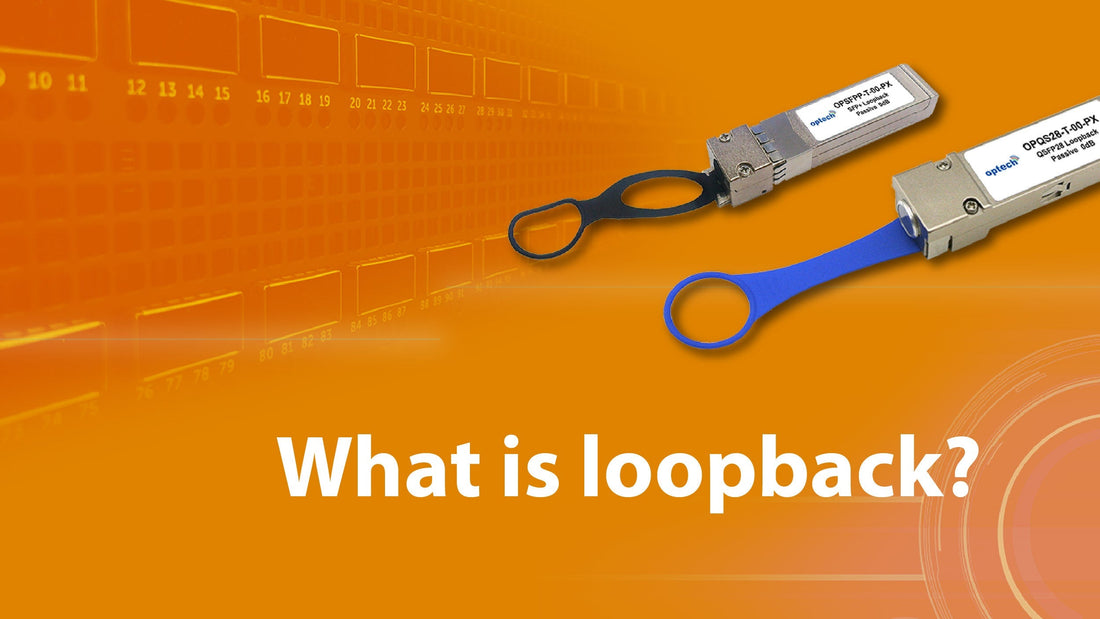
What Is Loopback in Networking?
OptechTWShare
What Is Loopback in Networking?
In computer networking and telecommunications, loopback is a method used to route the signal back to the source without any physical transmission to a remote destination. It serves as a diagnostic tool for network testing, device validation, and hardware reliability.
Loopback can occur at different layers:
-
Layer 1 (Physical): For verifying transceiver ports and signal transmission
-
Layer 2/3 (Data/Network): For software and protocol stack validation
Why Is Loopback Important?
Loopback testing plays a vital role in network deployment and hardware development:
1. Verifying Signal Integrity
During QSFP-DD 800G transceiver production, loopback modules are used to test signal transmission and reception under full load conditions—ensuring high-speed ports maintain error-free communication.
2. Troubleshooting Without Traffic Disruption
Engineers can isolate faulty components or cables without affecting live network traffic. Loopbacks simulate real data patterns, reducing mean-time-to-repair (MTTR).
3. Ensuring Compatibility and Performance
Especially for high-performance AI networks using QSFP-DD 800G, loopback is essential in stress testing thermal behavior, power consumption, and BER (Bit Error Rate) in InfiniBand or Ethernet environments.
Loopback Modules for QSFP-DD 800G Testing
Loopback modules are available for various interfaces, including:
-
QSFP-DD 800G Electrical Loopbacks: Simulate full-speed traffic, often with power tuning
-
Optical Loopbacks (via fiber): For real-world testing of optical signal paths
These modules are crucial in environments running ultra-high-density data centers, AI hyperscale clusters, or DCI (Data Center Interconnect) networks.
A Taiwan AI Optical Transceiver TAA Manufacturer: Leading the Way
When it comes to advanced loopback solutions and high-speed optics, a leading Taiwan-based AI optical transceiver manufacturer plays a key role. Known for its TAA compliance, this supplier produces:
-
QSFP-DD 800G loopback test modules
-
Customizable loopbacks for system integrators
-
Heat-dissipating designs for real-world testing
With a focus on AI workloads, InfiniBand, and RoCE networks, this Taiwan manufacturer ensures its loopbacks and optical modules meet stringent demands for latency, power efficiency, and long-distance stability.
Conclusion
Loopback isn't just a testing method—it's a foundation for reliable networking, especially in the age of AI and 800G interconnects. Whether you're deploying an AI cluster using QSFP-DD 800G or evaluating system stability in a hyperscale data center, loopback modules from a trusted Taiwan TAA-compliant manufacturer offer the assurance you need.
